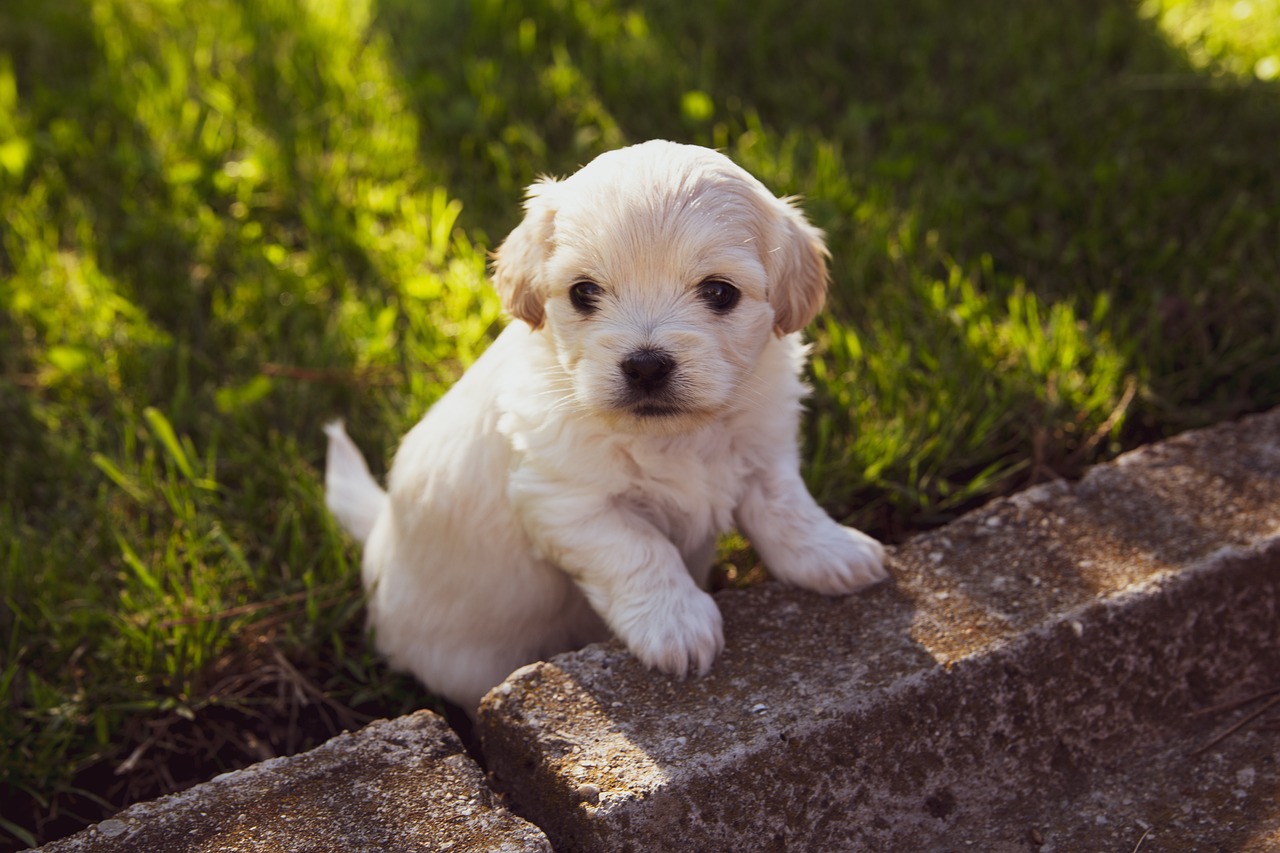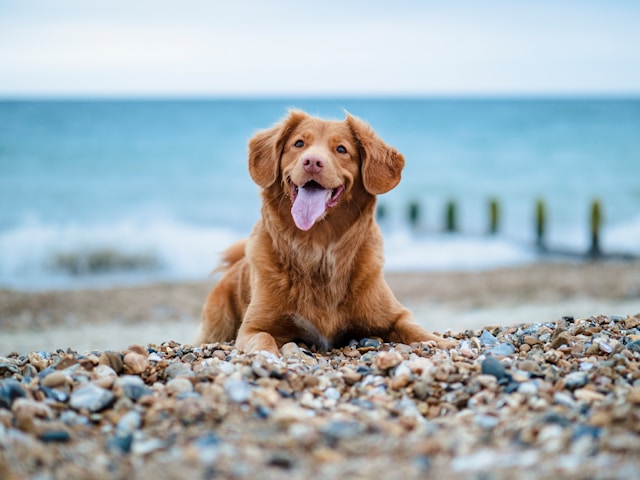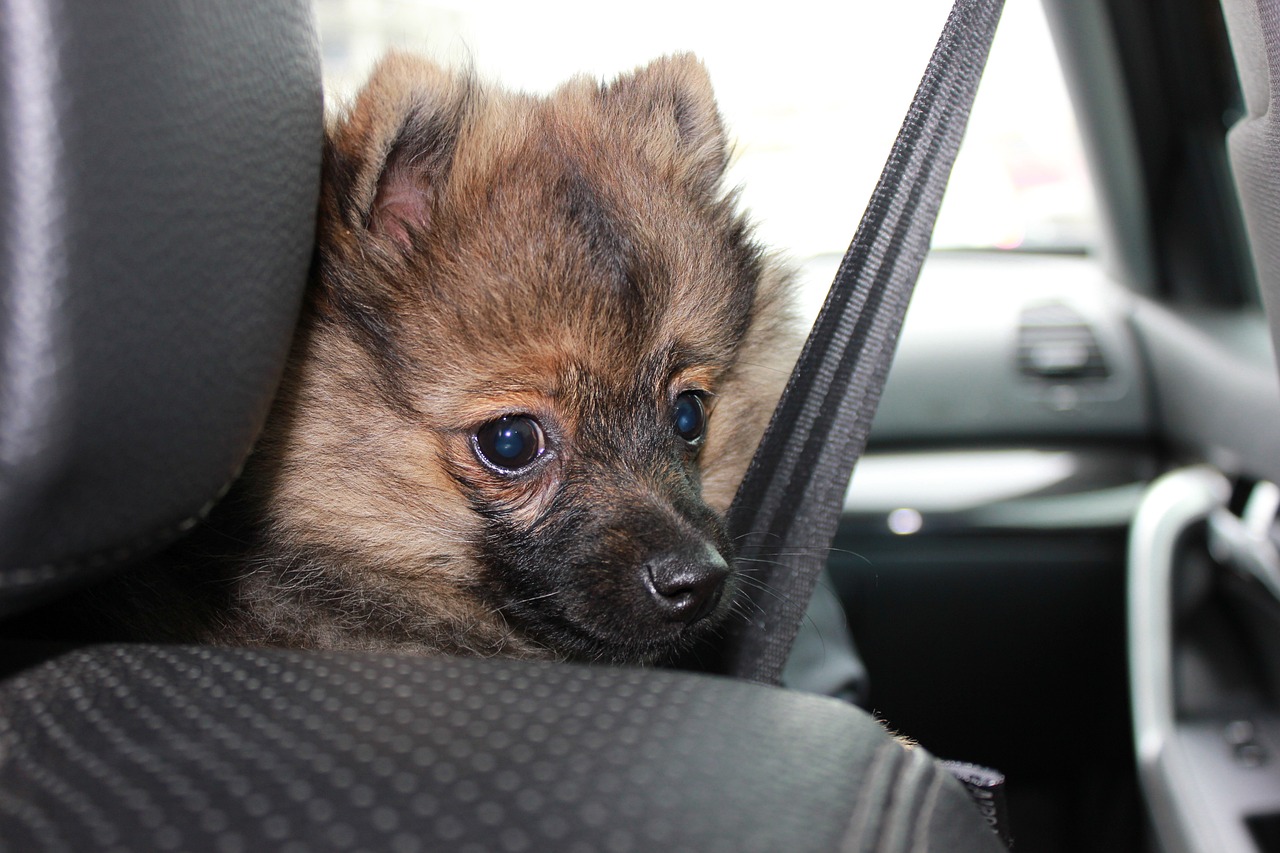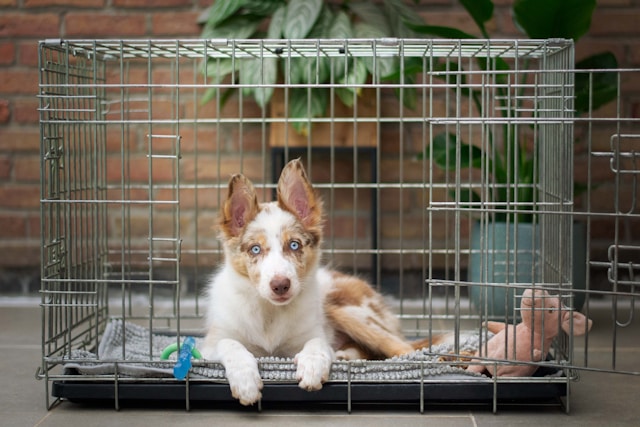How To Keep Your Pets Cool During Summer
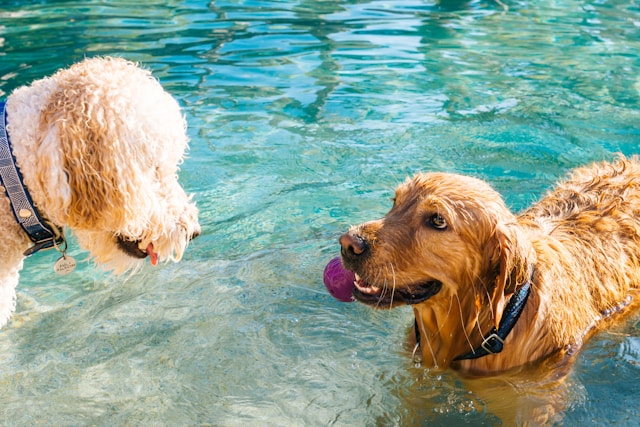
Including your pets in your summer activities is healthy fun for everyone. But when the summer heat and humidity rise, it's essential to understand how pets are affected by the spike in temperature and take the necessary precautions to keep them cool and comfortable.
H2O is a Pet's Best Friend
Unlike humans, dogs and cats have few sweat glands, which hinder them from cooling off by sweating. Instead, they lose heat and moisture from their tongues by panting. This water loss needs to be replaced, so it's essential to keep some fresh drinking water available at all times. This is especially important when you take them out for long summer walks or car rides.
Don't Park Your Pet
Never leave your pet alone in a parked car, not even for a few minutes. The air in a parked car doesn't circulate, and even in the shade, the temperature in a vehicle will rise and become life-threatening in just a few minutes.
Rules for Pools
Getting together at your backyard pool to swim, have fun, and cool off is a great summertime tradition. However, the pool can be safe for adults, children, and pets if safety is always observed.
You should always be cautious when your pets are in or around the pool, especially if they're older and can't get in and out of the pool as easily as they used to. Some manufacturers produce ramps to allow pets to easily escape an accidental fall into the water.
Block That Sun
It may be surprising to learn that pets with light-colored skin and hair can get sunburned. Extensive time in the sun can even result in skin cancer. If you are going to be in a situation where your pet will be spending a long time outside on a hot, sunny day, talk to your veterinarian about using specially developed sunblock for pets in unprotected areas like the nose and ears.
Make Some Shade
Be sure always to have a comfortable, sheltered area available that they can retreat to for their rest. A kiddie pool in the shade can provide relief on those scorching summer days.
It's a Breed Thing
Yes, it's true. Because of their nature, all breeds are not alike, and some can have a more difficult time in the summer than others. Flat-nosed breeds such as Pekingese, Pugs, and Bulldogs, for example, have a more challenging time staying cool than long-nosed dogs because their shortened nose and oral cavities don't allow them to breathe as efficiently. Learn more about your pet's particular needs by talking to your veterinarian.
A Weighty Problem
Studies show that between 25 and 40 percent of all household pets in the U.S. are overweight or obese. In fact, according to Pawdarling Pet Insurance's claims data, this trend is leading to a steady rise in obesity-related pet illnesses such as diabetes mellitus. Obesity is also known to be associated with, or can exacerbate, a variety of medical conditions, such as high blood pressure and osteoarthritis.
Now, what does this mean concerning the summer season? Well, summer can be a tough time of year because, as with humans, overweight dogs and cats can overheat faster because the extra layers of fat act as insulation, trapping heat and restricting breathing. If your pet is overweight, you must talk to your veterinarian before taking your pet on any outdoor activities you may be planning.
High Noon is No Time for Exercising
If you're used to taking your dog for a mid-day walk, changing your schedule during summer to early morning or late afternoon walks with fresh water always at hand would be wise. Hot pavement can burn a dog's pads, and walking outdoors during the hottest time of the day can lead to heat stress. After the summer is over, feel free to return to your usual schedule.
Keep the Bugs Off
The warm weather, longer days, and summer fun keep us and our pets outdoors more often, increasing our chances of running into those pesky fleas and mosquitoes. Fleas and mosquitoes can transmit several diseases, including tapeworm, heartworm, and West Nile Virus. During the summer months, be sure your dog or cat is tested for heartworm and that you're using veterinarian-recommended flea and heartworm preventive products.
Avian Advantage
Birds handle heat better than dogs and cats because their body temperature ranges from 104 to 105 degrees Fahrenheit. However, lacking sweat glands, any increase in body temperature can cause heat exhaustion. Ensure cages are kept away from direct sunlight and a fresh drinking water supply is available.
As a special treat for your feathered friend, get out your spray bottle, fill it with water, and give him a spritz.
Rabbits and Ferrets
If you can't cool your home during the hottest part of the day, freeze a 2-liter plastic bottle filled with water, then wrap it in a towel and place it in the cage in the morning.
Ensuring the safety and well-being of our pets, especially during the scorching summer months, is paramount. High temperatures can be extremely dangerous for our furry companions, potentially leading to heatstroke or severe discomfort. Keeping them cool is crucial; provide shade and fresh water, and never leave them inside a parked car. Additionally, avoid strenuous exercise during the hottest parts of the day, and consider providing cooling mats or allowing your pet to swim if possible. Prioritizing pet safety in the summer prevents heat-related illnesses and guarantees a happier, healthier life for our beloved companions.
Get insurance plans with wide-ranging coverage options








